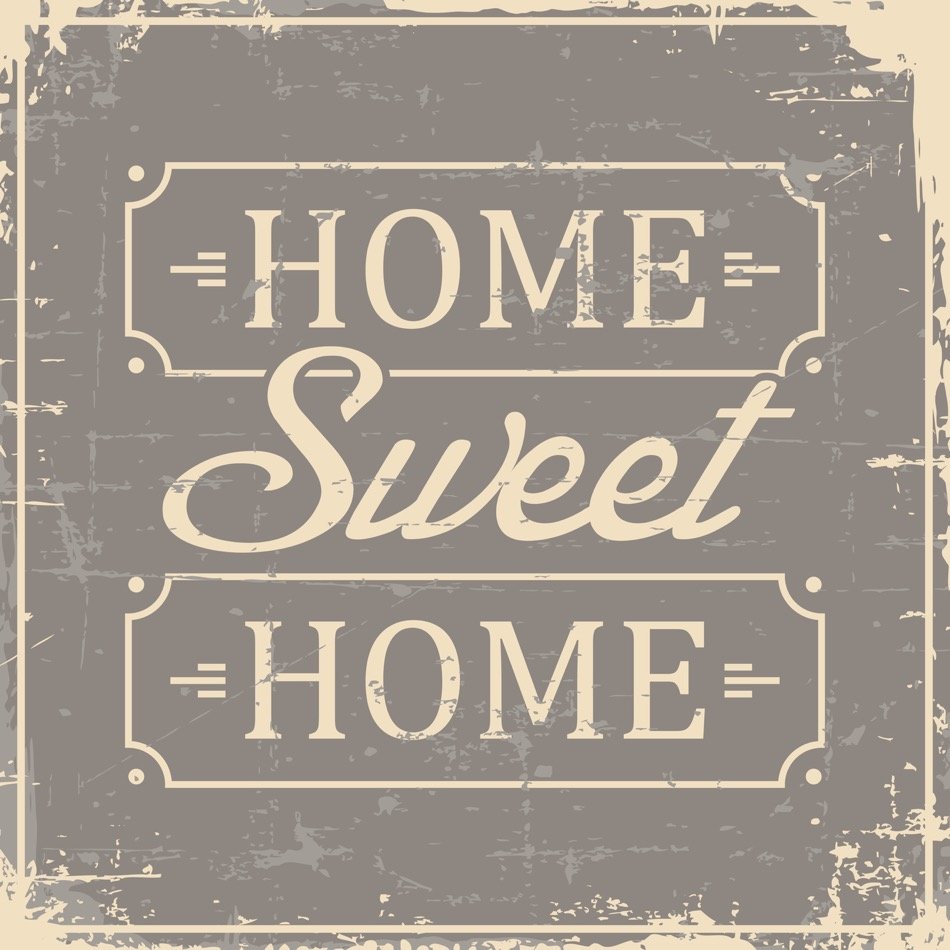Everything You Need To Know About Buying Single-Family Homes, Town Homes and Condos
Posted by Justin Havre on Tuesday, August 13th, 2019 at 11:10am.
 Condos, single-family homes, and town homes are very different from one another. The type of property you buy when you're looking for a place to live can have a big impact on your happiness and quality of life. In the right home, you should be able to live out your preferred lifestyle. If you choose the wrong type of home, you could find yourself struggling to maintain the type of life you enjoy.
Condos, single-family homes, and town homes are very different from one another. The type of property you buy when you're looking for a place to live can have a big impact on your happiness and quality of life. In the right home, you should be able to live out your preferred lifestyle. If you choose the wrong type of home, you could find yourself struggling to maintain the type of life you enjoy.
Knowing the difference between the types of properties can help, especially if you are a first-time home buyer. If you're thinking about buying a place soon and you're not sure whether you should buy a town house, condo or a single-family home, here's what you need to know.
Single-Family Home
Single-family homes are independent structures sitting on their own plot of land. Often, single-family homes have their own driveway, garage and lawn. The size of the lot where the home is located may vary, depending on the location of the house. Benefits of living in a single-family home include:
- Privacy. Single-family homes provide space between neighbours, giving people privacy.
- Storage space. Many single-family homes have attics, garages, sheds and basements with space for storing toys, decorations, seasonal clothes and so on.
- Space. Although single-family homes vary in size, a typical house will have more than one bedroom, a living room, kitchen, and more than one bathroom.
Single-family homes tend to be the preferred type of home for parents of small children and people with pets. Often, they're located in suburbs and outside city centers. People who live in single-family residences sometimes may have to commute to get to their job.
Town Home
A townhouse or a town home is a home that shares at least one wall with a neighbour. Town homes are often found in cities where space is hard to come by. A typical town home will have an upstairs and downstairs, multiple bedrooms, limited yard or no yard.
Benefits of living in a town home include:
- Affordability. Town homes tend to be more affordable than single-family residences in large urban areas.
- Location. Town homes are found in cities, often close to convenient downtown locations.
- Space. Often, town homes are larger than condos and have a little more storage space.
Condominium or Condo
A condo is a unit located in a building or on a plot of land owned by a company or entity. The person who owns the condo owns the unit, but not the land that it sits on. Condo owners are responsible for the maintenance inside their condo, like the plumbing and HVAC system. They are usually not responsible for the maintenance outside their condo, like landscaping and sewer maintenance - this is performed by an HOA.
Benefits of living in a condo include:
- Convenience. For someone who has limited time or physical ability to perform maintenance, condos are much easier to manage than single-family homes.
- Limited upkeep inside. Condos are generally compact, like an apartment, and therefore easier to clean.
- Location. Condos are common in city centers, for easy access to city services.
Often, condos appeal to seniors and young professionals because of their easy maintenance and prime location.
Find a Real Estate Professional Who Works for You
The decision to buy a single-family home, condo or town home in Northwest Calgary is very personal. Each type of home is different, and will appeal to different people. If you're not sure which type of property is right for you, speak to a real estate professional. Your real estate agent can discuss the upsides and downsides of each type of property, so you can decide what's best for you.

